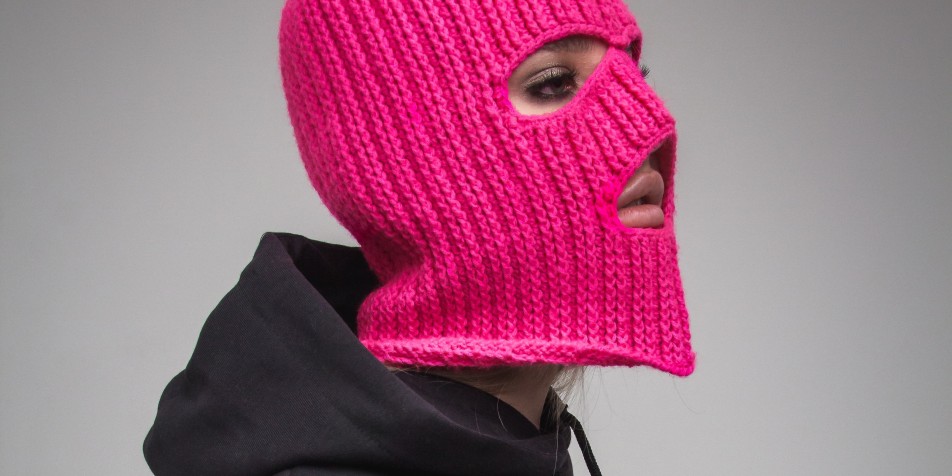Ski Mask Bans in Cities like Philadelphia Will Criminalize Black and Brown Youth

The ski mask “is a fashion statement. This item is a lot of things to a culture,” 19-year old youth advocate, Saud Salahuddin, testified at a Philadelphia City Council Meeting arguing against the passage of an ordinance banning ski masks on public transit and in other public spaces. “I think it’s an attack on culture,” said Salahuddin, who spoke wearing a ski mask. “I have a ski mask on. I didn’t cause any harm to anybody. I don’t plan on causing harm to anybody.”
Philadelphia City Council’s ski mask ban is just the next in a series of tough-on-crime policies that disproportionately affect Black and brown youth. As narratives about youth crime continue to get play in the media despite evidence that crime, including violent crime, is plummeting almost everywhere in the country, and data showing that adults commit the vast majority of crime, politicians use harsh policies like the mask ban to show they are doing something. Other similar policies include expanded curfews and harsher penalties for a range of offenses. Performative policies like these are not evidence-based practices that reduce crime generally or among youth.
Mask bans are not new, but many were historically enacted with a more benevolent intent. Following a resurgence of the Ku Klux Klan in the 1980s and 1990s, states and municipalities banned the wearing of hoods and masks in connection with anti-Black and antisemitic terrorism. Yet these anti-hooding laws were written so broadly that police could interpret them to justify stops, pat downs, and charges for a range of fashion accessories including hoodies and ski masks. As a result, the very laws intended to protect Black communities were instead weaponized against them and disproportionately used to justify police harassment of Black and brown youth.
photo credit - Ilya Mirnyy via Unsplash